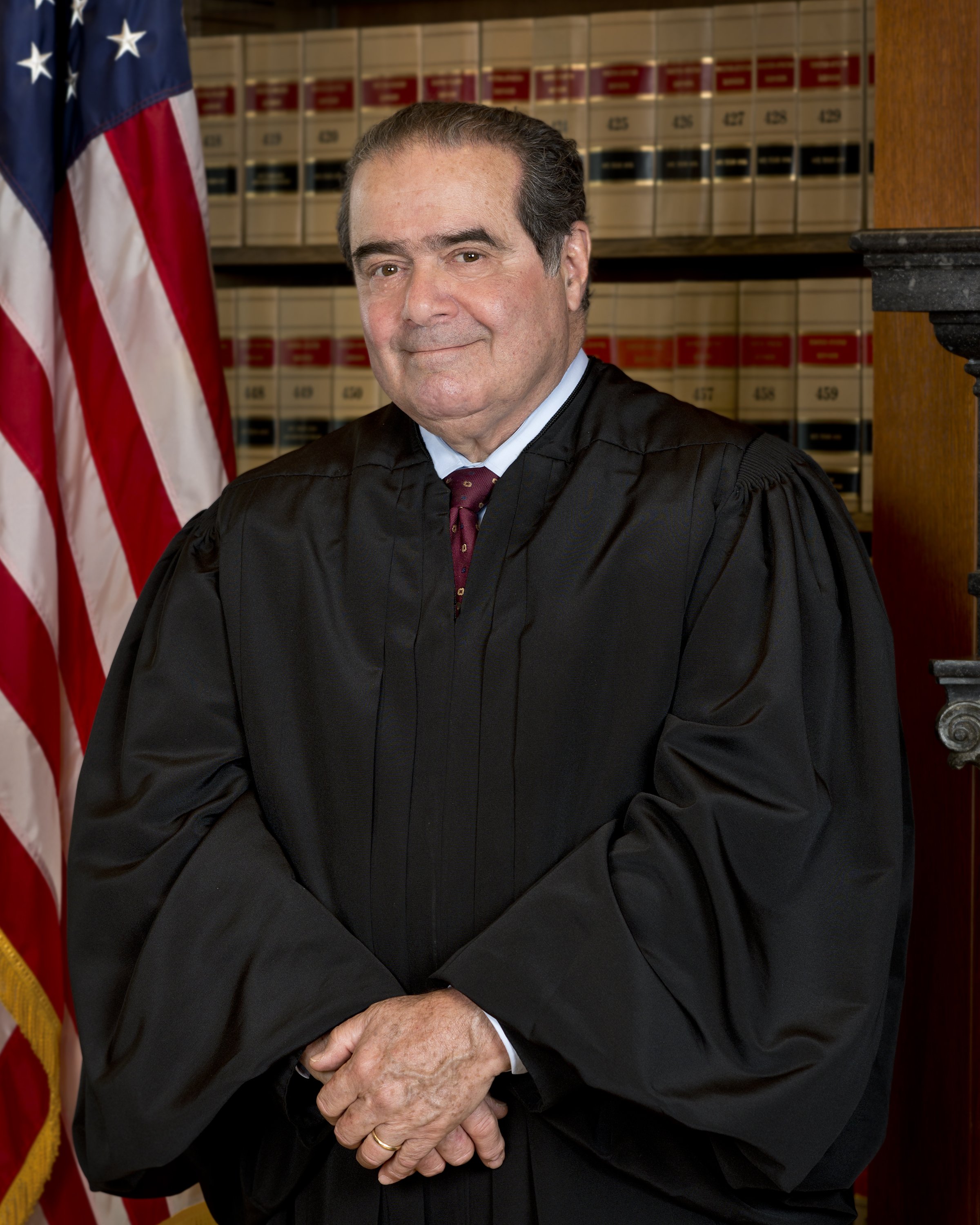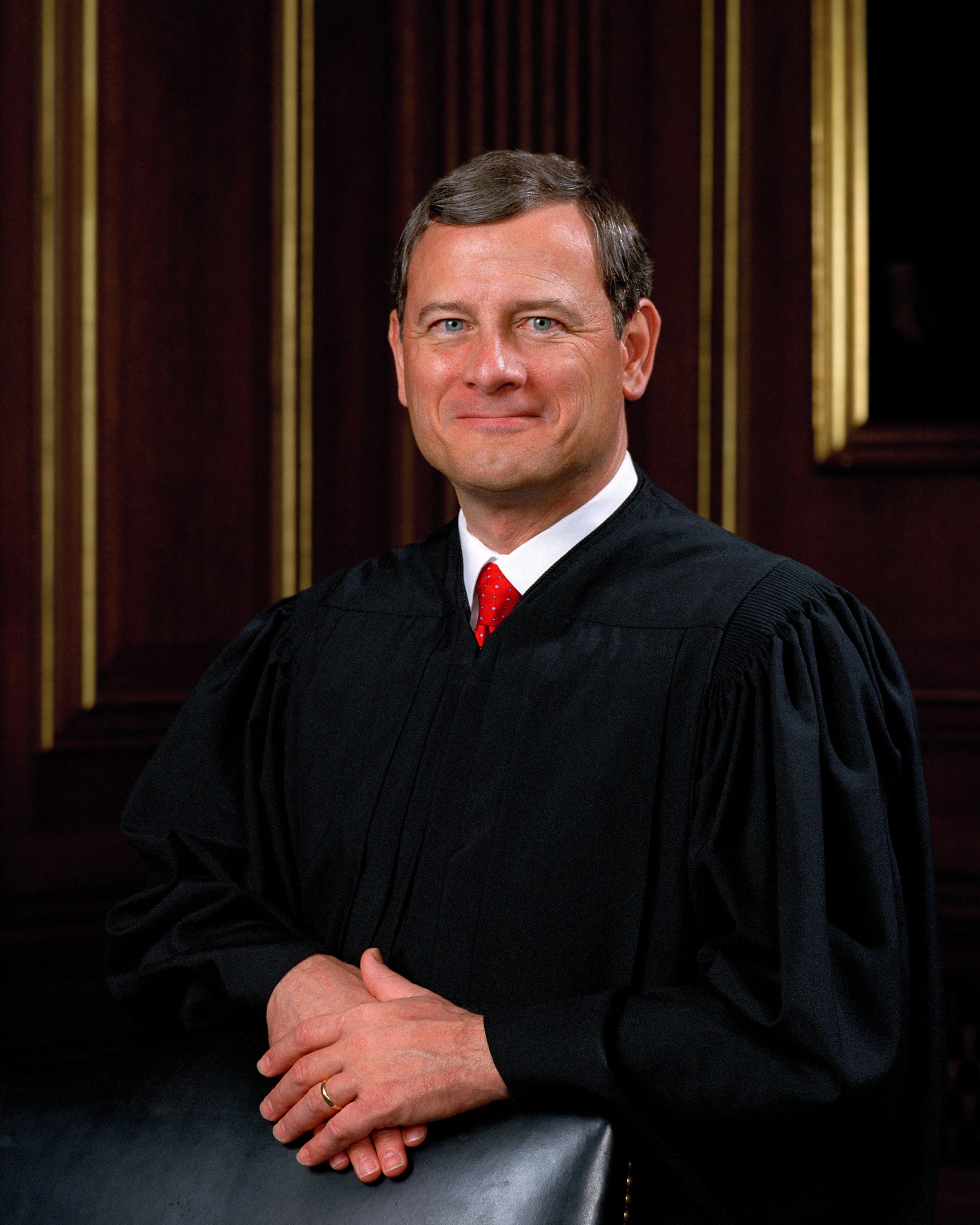Melendez-Diaz v. Massachusetts
Case Overview
CITATION
557 U.S. 305 (2009)
ARGUED ON
November 10, 2008
DECIDED ON
June 25, 2009
DECIDED BY
Legal Issue
Is a forensic analyst’s lab report used in a criminal prosecution considered testimonial evidence and therefore subject to the demands of the Confrontation Clause of the Sixth Amendment?
Holding
Yes, lab reports prepared by forensic analysts are testimonial evidence in criminal trials and are subject to the demands of the Sixth Amendment’s Confrontation Clause.
Forensic scientist testifying about evidence in court | Credit: Otago Daily Times
Background
In 2001, the Boston police received a tip that Thomas Wright, a Kmart employee was engaging in suspicious activity. Police were informed that while at work, Wright repeatedly received phone calls, after which he was picked up from the store in a blue sedan and returned a short time later. When the police set up surveillance in the Kmart parking lot, they observed the exact sequence of events described and when Wright returned to the store, he was detained and searched. Police found four clear white plastic bags containing a substance resembling cocaine on Wright and subsequently arrested him and the two men in the car, one of whom was Luis Melendez-Diaz. During the drive to the police station, the men were seen fidgeting in the back seat. After they were dropped off at the station, police found 19 additional bags of cocaine hidden in the partition between the front and back seats. The evidence was submitted to the state laboratory for testing, as required by Massachusetts state law.
Melendez-Diaz was charged with distributing cocaine and trafficking in cocaine in an amount between 14 and 28 grams. At his trial, the prosecution used the bags seized from Wright and the car as evidence and submitted three “certificates of analysis” that had been sworn before a public notary by analysts at the state laboratory. Melendez-Diaz objected to the certificates, arguing that the Court’s decision in Crawford v. Washington (2004) required the analysts to testify in person, but the objection was overruled. The jury ultimately found Melendez-Diaz guilty, but he appealed. The Appeals Court of Massachusetts rejected his claim and the state Supreme Court denied review before the U.S. Supreme Court granted certiorari.
Summary
5 - 4 decision for Melendez-Diaz
Melendez-Diaz
Massachusetts
Stevens
Breyer
Souter
Alito
Ginsburg
Scalia
Kennedy
Roberts
Thomas
Opinion of the Court
Writing for the majority, Justice Antonin Scalia held that the certificates admitted by the state laboratory analysts were testimonial statements, and thus the analysts who prepared them were witnesses that Melendez-Diaz had a right to confront.
Scalia emphasized that the Confrontation Clause ensures the defendant’s right to face those who bear testimony against him. He noted that the certificates were akin to affidavits, falling within the “core class of testimonial statements” described in Crawford v. Washington (2004). These documents were created specifically to provide evidence for prosecution, making them testimonial by nature. Scalia argued, “[a]bsent a showing that the analysts were unavailable to testify at trial and that petitioner had a prior opportunity to cross-examine them, petitioner was entitled to ‘be confronted with’ the analysts at trial.”
Scalia rejected the argument that the analysts were not “accusatory” witnesses because they did not directly accuse Melendez-Diaz of wrongdoing but simply stated the results of their tests. He asserted that the Sixth Amendment does not distinguish between types of witnesses based on the nature of their testimony; all testimonial evidence requires confrontation. Scalia also dismissed the notion that the affidavits were admissible as business or official records, clarifying that documents prepared specifically for use at trial do not fall under the business records exception to the hearsay rule. He pointed out that the certificates were not kept in the regular course of business but were created for the purpose of proving a fact in court, thus making them testimonial and subject to confrontation.
Addressing concerns about the potential burden on the criminal justice system, Scalia argued that constitutional rights should not be compromised for the sake of convenience. He stated, “[t]he Confrontation Clause may make the prosecution of criminals more burdensome, but that is equally true of the right to trial by jury and the privilege against self-incrimination. The Confrontation Clause—like those other constitutional provisions—is binding, and we may not disregard it at our convenience.”
Concurring Opinion by Justice Thomas
In his brief concurrence, Justice Clarence Thomas explained that he wrote separately because he continues to adhere to his belief that “the Confrontation Clause is implicated by extrajudicial statements only insofar as they are contained in formalized testimonial materials, such as affidavits, depositions, prior testimony, or confessions.” In this case, Thomas agreed with the Court’s opinion that the documents at issue “are quite plainly affidavits” and therefore “fall within the core class of testimonial statements governed by the Confrontation Clause.”
Dissenting Opinion by Justice Kennedy
In his dissenting opinion, Justice Anthony Kennedy argued that the majority’s decision misinterpreted the Confrontation Clause, which was intended to apply to conventional witnesses who provide testimony based on personal knowledge of events. He argued that laboratory analysts, who perform scientific tests and produce certificates, do not fit this category. He pointed out that the Clause was not historically understood to encompass scientific analysts, stating, “[t]he Court sweeps away an accepted rule governing the admission of scientific evidence...based on two recent opinions that say nothing about forensic analysts.”
He criticized the majority for relying on Crawford v. Washington (2004) and Davis v. Washington (2006), since they were cases that dealt with traditional witnesses rather than scientific evidence. Kennedy noted that these cases did not address the unique nature of forensic analysis, which involves objective, scientific processes rather than subjective observation and memory. He argued that the analysts’ certificates were more similar to business records, which have traditionally been admissible without confrontation due to their inherent reliability and routine nature.
Kennedy warned that the decision would have significant adverse effects on the judicial system, leading to increased costs and logistical challenges. He argued that requiring analysts to testify in person for every case would place a heavy burden on the criminal justice system, potentially delaying trials and increasing expenses without significantly enhancing the reliability of the evidence. He stated, “[t]he immediate systemic concern is that the Court makes no attempt to acknowledge the real differences between laboratory analysts who perform scientific tests and other, more conventional witnesses.” Kennedy concluded that the Court’s interpretation of the Confrontation Clause was historically and practically flawed and would create unnecessary burdens on the judicial system without providing significant benefits in terms of evidence reliability.









